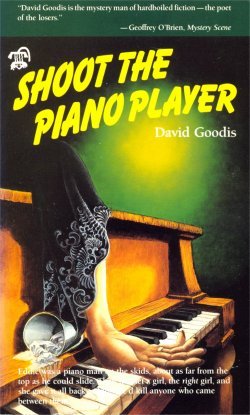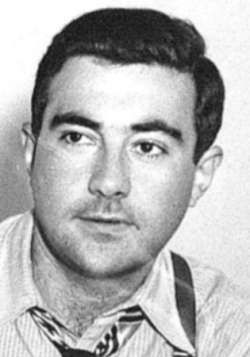


Most times, his thoughts don’t agree with his actions, and due to that, it causes some significant downfalls in his life. We hear his thoughts as he goes throughout his day. One thing that I enjoyed about this specific Truffaut film is that he makes use of inner dialogue from Charlie. The dialogue sets the tone for the rest of the film and who he is as a person. His brother says, “What the hell are you doing here? You’re throwing your life away,” but all Charlie can respond is, “It’s alright” ( Shoot the Piano Player ).

Charlie declines to help him as he goes to play the piano in a small, jazzy dive bar. He combines a fairytale with a thriller by creating a love story and a secondary narrative embedded in the film, which focuses on the gangster side of Charlie’s life.Ĭharlie shopping for books on how to become less timid.Īt the beginning of this black and white film, we don’t start with Charlie but rather his brother, Chico (Albert Remy), who has come to Charlie in need of help running away from a few men he got into trouble with. Truffaut said the inspiration to make the film was based on one photo found in the novel – an image of a car driving through the snow. I think Charlie’s change of character is fitting because his uncertainty in the film makes the narrative more morbid and creates an exciting dynamic within himself that wouldn’t be there if he were confident about everything. There is a part in the film where he is visibly timid that he must buy books on how to not be so shy. In the novel, Charlie is a confident, self-willed individual, but Truffaut turns Charlie into a timid, standoffish man who doesn’t know how to get what he wants. The storyline remained similar, but the character Charlie is portrayed differently in the film.

Shoot the Piano Player was an adaption from the 1956 novel written by David Goodis, called Down There, but in France, the title was Tirez Sur le Pianist. In this film, he also explores how the smallest choices in life can lead to a different outcome. We will cover two Truffaut films in this issue, both presenting mindful ideas about love and family. Still, his two brothers keep accidentally roping him into the gangster lifestyle he tried so hard to leave behind. What do you do when you have to choose between your dream and your family? What if you don’t want either? In the 1960 film Tirez Sur le Pianist, or Shoot The Piano Player in English, directed by François Truffaut, Charlie Kohler (Charles Aznavour) has a beautiful talent for playing the piano.


 0 kommentar(er)
0 kommentar(er)
